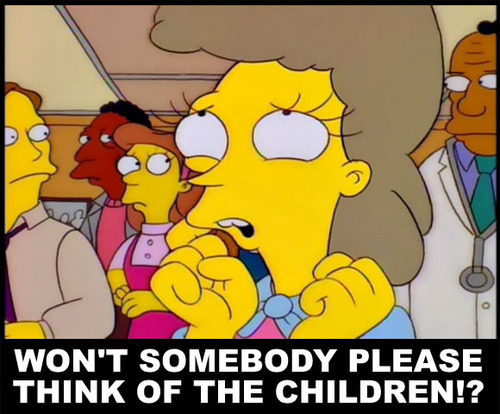jpx7
Very Flirtatious, but Doubts What Love Is.
From a piece in the New York Times entitled "The Middle Class Is Steadily Eroding. Just Ask the Business World."
Beyond the issues specific to the strength of the US economy as a whole: it's obviously not a positive trend to see that the ever-faithful market is hurtling towards a state in which the only economically viable ventures are those bargain-bin businesses serving the poor majority and top-of-the-line brands servicing the consumer habits of the gilded oligarchy.
As politicians and pundits in Washington continue to spar over whether economic inequality is in fact deepening, in corporate America there really is no debate at all. The post-recession reality is that the customer base for businesses that appeal to the middle class is shrinking as the top tier pulls even further away.
If there is any doubt, the speed at which companies are adapting to the new consumer landscape serves as very convincing evidence. Within top consulting firms and among Wall Street analysts, the shift is being described with a frankness more often associated with left-wing academics than business experts.
[...]
Even more striking, the current recovery has been driven almost entirely by the upper crust, according to Mr. Fazzari and Mr. Cynamon. Since 2009, the year the recession ended, inflation-adjusted spending by this top echelon has risen 17 percent, compared with just 1 percent among the bottom 95 percent.
More broadly, about 90 percent of the overall increase in inflation-adjusted consumption between 2009 and 2012 was generated by the top 20 percent of households in terms of income, according to the study, which was sponsored by the Institute for New Economic Thinking, a research group in New York.
[...]
While spending among the most affluent consumers has managed to propel the economy forward, the sharpening divide is worrying, Mr. Fazzari said.
“It’s going to be hard to maintain strong economic growth with such a large proportion of the population falling behind,” he said. “We might be able to muddle along — but can we really recover?”
Mr. Fazzari also said that depending on a relatively small but affluent slice of the population to drive demand makes the economy more volatile, because this group does more discretionary spending that can rise and fall with the stock market, or track seesawing housing prices. The run-up on Wall Street in recent years has only heightened these trends, said Guy Berger, an economist at RBS, who estimates that 50 percent of Americans have no effective participation in the surging stock market, even counting retirement accounts.
Beyond the issues specific to the strength of the US economy as a whole: it's obviously not a positive trend to see that the ever-faithful market is hurtling towards a state in which the only economically viable ventures are those bargain-bin businesses serving the poor majority and top-of-the-line brands servicing the consumer habits of the gilded oligarchy.


